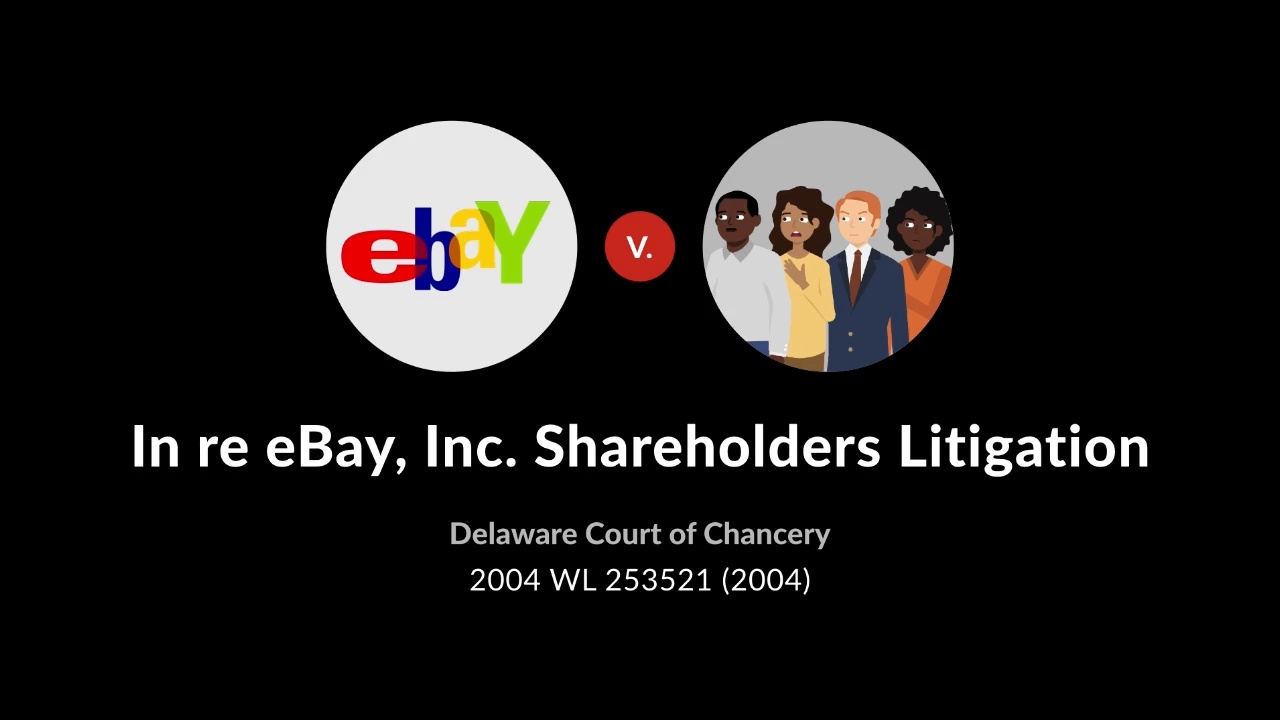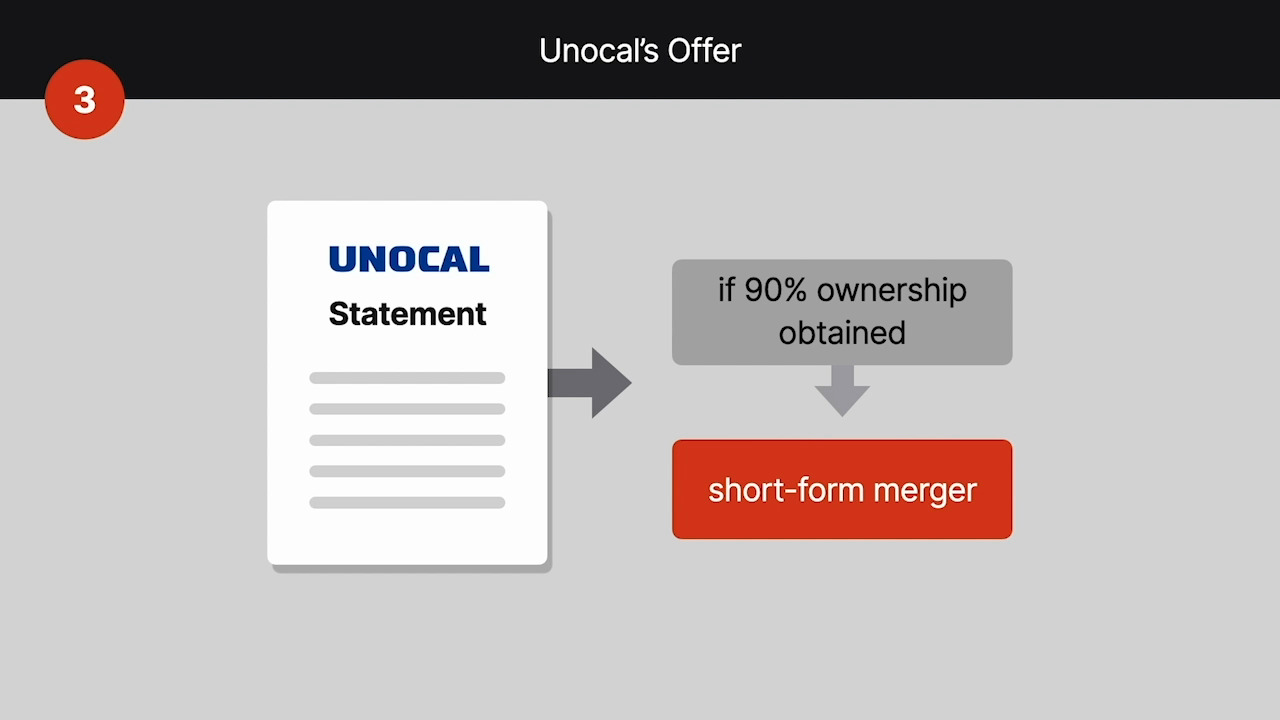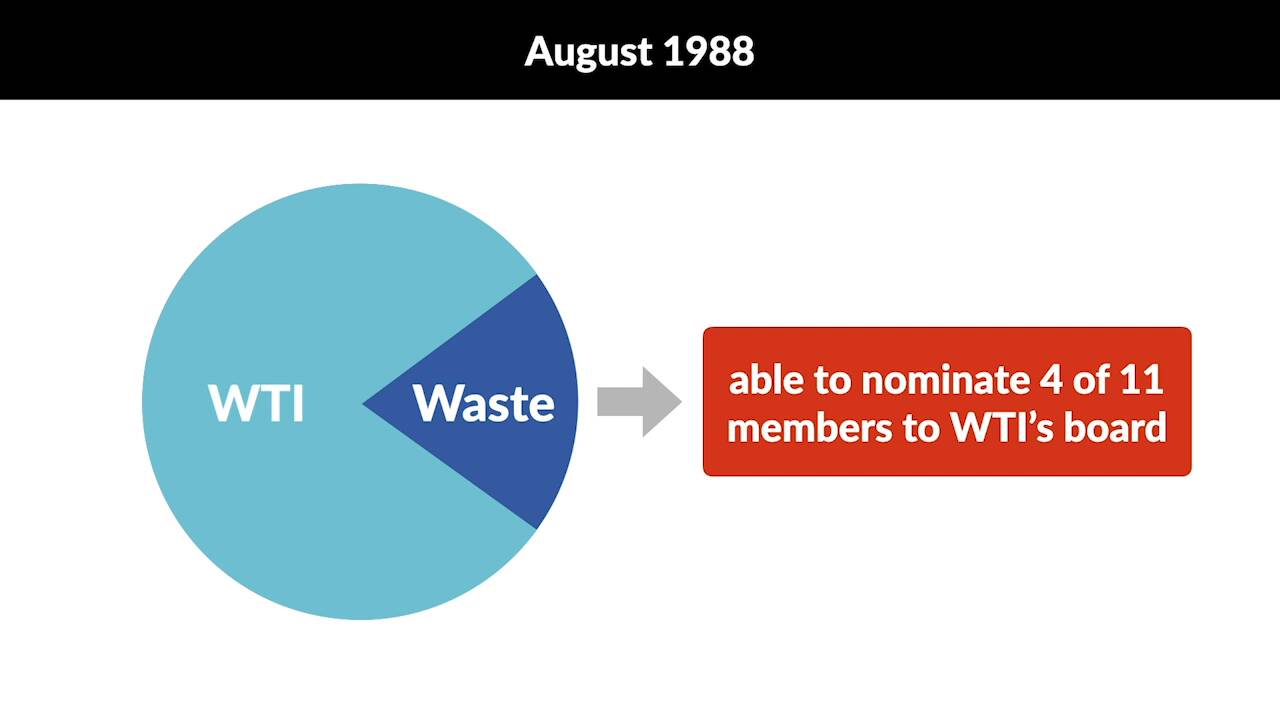In re eBay Inc. Shareholders Litigation, a landmark case in corporate law, has significantly influenced the way corporations are governed. This case has sparked debates and controversies, leading to substantial changes in corporate governance practices. Join us as we delve into the details of this pivotal case, exploring its legal arguments, findings, and lasting impact.
The case centered around a lawsuit filed by shareholders against eBay Inc., alleging breaches of fiduciary duties and corporate governance failures. The plaintiffs argued that eBay’s board of directors had failed to exercise proper oversight, resulting in significant financial losses for the company.
1. Overview of “In re eBay Inc. Shareholders Litigation”

In “In re eBay Inc. Shareholders Litigation,” shareholders filed a class action lawsuit against eBay Inc. and its board of directors, alleging that the company had breached its fiduciary duties by failing to prevent the sale of StubHub to StubHub International Limited (SIL) for a price that was allegedly below market value.
The plaintiffs argued that the board had failed to exercise due care in approving the sale and that the sale was not in the best interests of the shareholders. The case was significant because it addressed the issue of whether directors have a duty to maximize shareholder value in all circumstances and the extent to which directors can consider other factors, such as the interests of employees and customers, when making decisions.
2. Legal Arguments and Findings: In Re Ebay Inc. Shareholders Litigation
The plaintiffs in “In re eBay Inc. Shareholders Litigation” argued that the board of directors had breached its duty of care by failing to exercise due diligence in approving the sale of StubHub. They argued that the board had not obtained a fair price for StubHub and that the sale was not in the best interests of the shareholders.
The defendants argued that they had acted in good faith and that the sale was in the best interests of the company as a whole. The court found that the board had not breached its duty of care, but it did find that the board had breached its duty of loyalty by failing to disclose to shareholders the full extent of its conflicts of interest.
3. Impact on Corporate Governance

“In re eBay Inc. Shareholders Litigation” has had a significant impact on corporate governance. The case has led to a number of changes in the way that companies are managed and governed. For example, the case has led to an increased focus on the importance of board independence and the need for directors to avoid conflicts of interest.
The case has also led to an increased focus on the importance of shareholder communication and the need for companies to be transparent with shareholders about their business dealings.
4. Comparisons to Other Cases

“In re eBay Inc. Shareholders Litigation” is similar to other cases that have addressed the issue of whether directors have a duty to maximize shareholder value in all circumstances. For example, the case of “Smith v. Van Gorkom” involved a similar set of facts and raised similar legal issues.
In “Smith v. Van Gorkom,” the Delaware Supreme Court found that the directors had breached their duty of care by failing to exercise due diligence in approving a merger. The court found that the directors had not obtained a fair price for the company and that the merger was not in the best interests of the shareholders.
5. Contemporary Relevance

The issues raised in “In re eBay Inc. Shareholders Litigation” remain relevant in contemporary corporate governance practices. The case continues to be cited by courts and commentators as a leading case on the issue of directors’ duties. The case has also been used to support arguments for increased shareholder activism and the need for companies to be more transparent with shareholders.
In light of the case, companies should take steps to ensure that their boards of directors are independent and that they have procedures in place to avoid conflicts of interest. Companies should also be transparent with shareholders about their business dealings and should provide shareholders with the information they need to make informed decisions about their investments.
Popular Questions
What were the key legal issues in In re eBay Inc. Shareholders Litigation?
The case focused on allegations of breaches of fiduciary duties by eBay’s board of directors, including claims of negligence, waste of corporate assets, and conflicts of interest.
What was the significance of the court’s decision in this case?
The court’s decision established important principles regarding the duties of directors and the rights of shareholders. It clarified the standards of care and loyalty that directors must adhere to and emphasized the importance of shareholder oversight in corporate governance.
How has In re eBay Inc. Shareholders Litigation impacted corporate governance practices?
The case has led to increased focus on board independence, shareholder engagement, and transparency in corporate decision-making. It has also contributed to the development of best practices for corporate governance, such as the adoption of independent board committees and enhanced disclosure requirements.